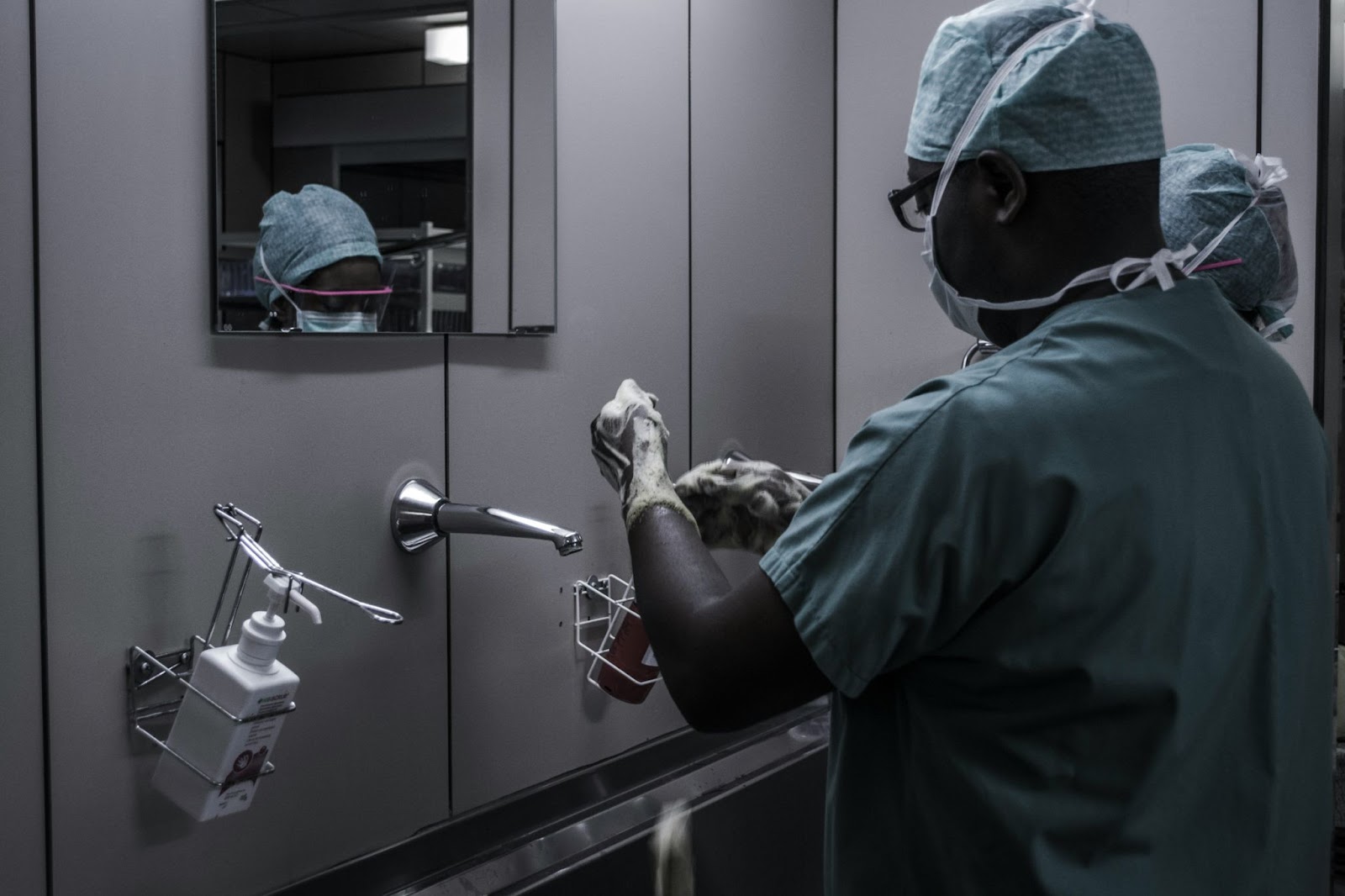Medical malpractice wrongful death cases represent a tragic intersection of law, medicine, and human loss. When a loved one dies due to medical negligence, pursuing legal recourse becomes not only a quest for justice but also a means of holding healthcare providers accountable and preventing similar tragedies in the future. Central to these cases is the burden of proof, the legal requirement for plaintiffs to establish that medical malpractice directly caused the death of their loved one.
Understanding the Burden of Proof
In legal terms, the burden of proof refers to the obligation of the party bringing a lawsuit (the plaintiff) to prove their claims by a preponderance of the evidence. In medical malpractice wrongful death cases, this means demonstrating that the healthcare provider breached the standard of care owed to the patient and that this breach directly caused the patient’s death. This burden rests squarely on the shoulders of the plaintiff and their Fresno wrongful death lawyer, requiring thorough investigation, expert testimony, and compelling evidence to establish liability.
The Complexity of Establishing Medical Malpractice
Proving medical malpractice in any context is notoriously challenging, and wrongful death cases add an additional layer of complexity. Unlike other types of personal injury cases, where the injured party can testify to their own experiences, the victim in a wrongful death case is no longer alive to provide testimony.
As a result, plaintiffs must rely on medical records, expert witnesses, and other forms of evidence to reconstruct the events leading to the patient’s death and establish a causal link between the healthcare provider’s actions or omissions and the fatal outcome.
Navigating the Standard of Care
Central to the burden of proof in medical malpractice wrongful death cases is the concept of the standard of care. Healthcare providers are held to a legal duty to provide treatment that meets the accepted standard of care within their specialty or field of practice.
Proving that a breach of this standard occurred requires expert testimony from qualified medical professionals who can assess the actions of the defendant healthcare provider and testify as to whether they deviated from accepted medical practices.
Linking Breach of Standard of Care to Death
Establishing that a breach in the standard of care directly caused the patient’s death is perhaps the most critical aspect of the burden of proof in medical malpractice wrongful death cases. While it may be clear that medical negligence occurred, connecting that negligence to the patient’s demise requires careful examination and compelling evidence.
One key challenge is demonstrating that the breach of the standard of care was not only a factor but the proximate cause of death. This involves showing that the patient’s death was a foreseeable consequence of the healthcare provider’s actions or omissions.
Expert testimony from qualified medical professionals is often instrumental in establishing this causal link, as they can analyze the sequence of events leading to the patient’s death and assess the impact of the defendant’s actions on the outcome.
Additionally, plaintiffs may need to refute alternative explanations for the patient’s death put forth by the defense, such as pre-existing medical conditions or other intervening factors. This further underscores the importance of thorough investigation, robust evidence gathering, and persuasive argumentation in proving causation.
The Role of Expert Witnesses
Expert witnesses play a crucial role in medical malpractice wrongful death cases, providing specialized knowledge and opinions that help establish what the standard of care was, identify deviations from that standard, and establish causation.
These experts may include physicians, surgeons, nurses, pharmacists, and other healthcare professionals with relevant expertise. Their testimony helps to educate the jury or judge about complex medical issues and guide them in determining whether medical negligence occurred.
Challenges Faced by Plaintiffs
Proving medical malpractice wrongful death cases poses numerous challenges for plaintiffs. In addition to the emotional toll of losing a loved one, plaintiffs must navigate a complex legal landscape, gather extensive evidence, and overcome potential obstacles such as biased expert witnesses, statute of limitations issues, and the high costs of litigation. Moreover, defendants in these cases often have access to extensive resources and legal defense teams, making the pursuit of justice an uphill battle for plaintiffs.
The Impact of the Burden of Proof
The burden of proof in medical malpractice wrongful death cases has far-reaching implications for both plaintiffs and defendants. For plaintiffs, it represents a daunting challenge that requires meticulous preparation, strategic litigation, and unwavering determination to hold negligent healthcare providers accountable. For defendants, it underscores the importance of robust legal defense strategies, diligent risk management practices, and maintaining adherence to the standard of care to minimize exposure to liability.
Conclusion
Medical malpractice wrongful death cases place an immense burden on plaintiffs seeking justice for the loss of a loved one due to medical negligence. Proving these cases requires overcoming significant legal and evidentiary hurdles, including establishing the standard of care, demonstrating deviations from that standard, and establishing causation.
Despite the challenges, pursuing legal recourse in these cases is essential not only for holding healthcare providers accountable but also for promoting patient safety and preventing similar tragedies in the future. As advocates for justice and accountability, it is incumbent upon plaintiffs, legal professionals, and society as a whole to recognize and address the complexities of the burden of proof in medical malpractice wrongful death cases.

